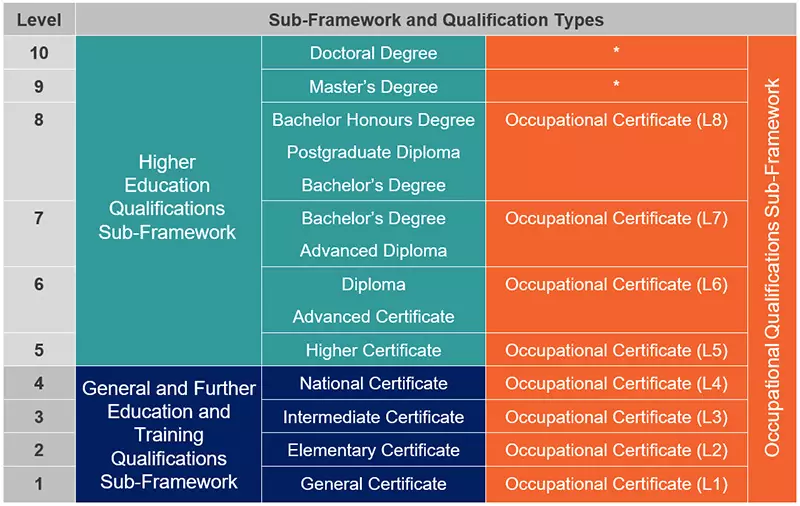Pragma CEO comments on clean audits for only 13 municipalities
Adriaan Scheeres offers some solutions
Auditor-General Terence Nombembe has called on the government to take tough action against municipalities, which fail to keep their finances in order. Nombembe said last week that many municipalities were not implementing steps for proper financial controls and that they faced no consequences for failing to do so. He was speaking at the release of a report on the audit outcomes of local government, with only 13 of the 343 municipalities in the country receiving clean audits for the period 2010-2011.
According to Adriaan Scheeres, CEO of Pragma Holdings, much can be done to ensure cleaner audits for municipalities in the future. “Physical asset management companies such as Pragma and Aurecon can play an enormous role in assisting municipalities to get the proper systems and business processes in place. We’d like to offer our assistance to municipalities to get these in place and to establish capability within the municipality. This would be a 2 to 3-year process.”
The first step would be to draw up an asset register including details such as the life span, value and maintenance plans of the asset. “With our assistance, service delivery will improve due to proper asset registers and management, a saving of 50% to 75% in the breakdown of assets as preventative asset management is much more effective than reactive asset management, which of course will lead to more funds being available for other services within the municipality. We’ve tested this principle with some of our clients and it holds true. Preventative asset management leads to huge savings.”
With regards to the transgressions at more than 70% of municipalities, Scheeres reckons simple solutions can be found for this as well. “The awarding of tenders play a huge role in these transgressions. Pragma works on the simple premise that contractors have to demonstrate the competency to repair and maintain facilities, as well as have a growth plan in order to ensure that these competencies are maintained. The emphasis should be on whether a contractor can deliver on these. If you don’t perform, you lose the contract. Contracts should be granted as follows – first an audit, then inspection of the work, then a trial run, and only then the contract should be awarded. With the proper systems in place, you can minimise poor performance. It boils down to management control in terms of execution of work and this sits with the managers at municipalities.”
An interesting fact that Scheeres mentions is that South African municipalities are enormous in comparison to municipalities around the world. “The is one of the issues when it comes to poor service delivery. Our municipalities have a bigger reach and asset base to manage than the average international municipality.”
With regards to the incompetency of municipalities, Scheeres suggests a contractor accreditation process be put in place as well as employee technical skills processes. “This will enable municipalities to make use of small to medium enterprises. One must, however, ensure an accreditation process is in place.”
According to Scheeres, proper supply chain management procedures will further ensure many jobs. “The long-term deterioration of infrastructure leads to rebuilding of infrastructure and we know that it’s 5 to 10 times more expensive than maintaining existing infrastructure. It’s important to maintain public infrastructure as it affects health and safety, service delivery and minimises the lifecycle cost of assets. Infrastructure helps communities to develop, and in turns attracts investors. Improved development and infrastructure in any region will create jobs in itself. The more preventative maintenance you do, the more small to medium enterprises you employ to do the work. It’s a proven fact that preventative maintenance costs one third of reactive maintenance. Preventative asset management not only prolongs the life of an asset by 10 to 20% or more, but also leads to huge cost savings in the long run. Municipalities will benefit hugely if they adopt this approach to managing their physical assets and infrastructure,” Scheeres concludes.
